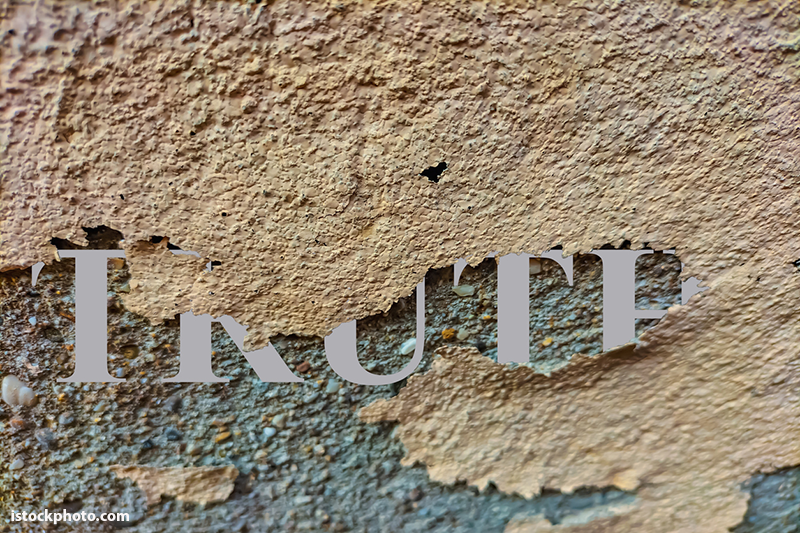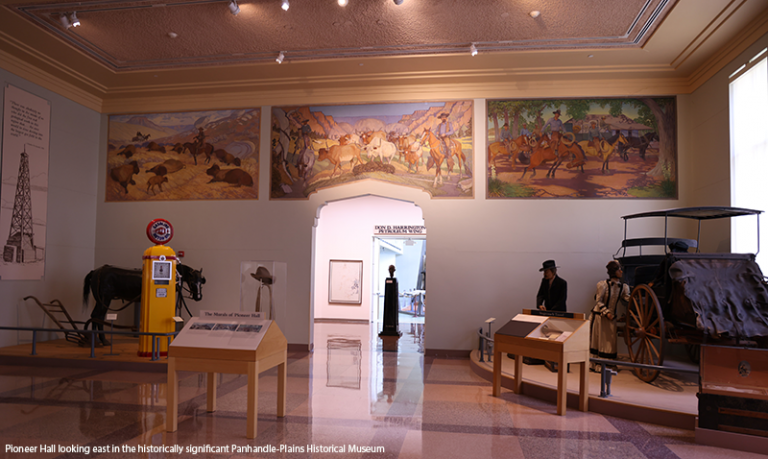
Second in a series.
The origins of the university, whether in the cloisters of medieval Europe or the colonial colleges of early America, are inseparable from the religions’ insistence on an ordered universe that can be known and studied. Harvard’s founding, chronicled by Samuel Morrison in The Founding of Harvard College, was animated by a conviction: “One of the next things we longed for…was to advance Learning and perpetuate it to Posterity; dreading to leave an illiterate Ministry to the Churches…” The same spirit energized the creation of William and Mary, Princeton, Columbia, Brown and Rutgers, each established to serve a particular people through the disciplined pursuit of learning rooted in a broader moral and theological vision.
The Judeo-Christian mindset, as seen in the Psalms and echoed by thinkers such as Augustine and Aquinas, holds that the world is intelligible and that the mind can grasp its laws. These theologians shaped the earliest universities into sites of rigorous and honest inquiry into nature, ethics and theology. Belief in order, reason and the knowability of the universe undergirded both the sciences and the humanities. I wrote on this subject on December 4, 2009, “Faith on the University Campus.”
At its best, the university is not an echo chamber for fashionable opinion or political power. It is a place where truth stands apart from such influences, where honest debate is not only permitted but encouraged. As previously written, “When universities dedicate themselves to truth that stands apart from politics or fashion, they earn the public’s trust. If we let truth become just a matter of personal taste or group loyalty, we lose the very foundation for research, peer review and scholarship.”
This is not merely a philosophical abstraction. The university’s authority and its capacity to serve the public good depend on the conviction that there are real answers worth seeking, even when they are unpopular or difficult. As Pope John Paul II observed, universal truths make shared inquiry possible among people from all backgrounds. Seeking such truths together allows the university to be a place where diverse perspectives can meet in honest dialogue, rather than devolving into shouting matches or ideological silos.
We live in an era that some call “post-truth.” What is a post-truth university? When shared standards of truth are eroded, and debate collapses into mere assertion or power play, truth evaporates. Postmodernism, with its suspicion of grand narratives and moral absolutes, has deeply influenced the modern university, frequently purging campuses of religious truths and structured moral frameworks. Such voids, I contend, diminish educational opportunity and run counter to the university’s true purpose.
The consequences of abandoning truth as foundational are not theoretical. Without shared standards of inquiry, research loses its rigor; peer review becomes performative, and scholarship devolves into the pursuit of prestige or political acceptance rather than genuine knowledge. As David Brooks suggests, “Universities are more professional and glittering than ever, but in some ways, there is emptiness deep down. Students are taught how to do things, but many are not forced to reflect on why they should do them or what we are here for.”
The pursuit of truth is inseparable from freedom—both academic, civic and religious. Western ideals of academic freedom and institutional independence are rooted in the recognition that truth is transcendent and eternal, thus not subject to any earthly ruler. James Madison wrote about the “duty that man owes to God” as being “precedent, both in order of time and in degree of obligation, to the claims of Civil Society.” No government, ideology or institution can rightfully suppress honest investigation. When universities hold fast to the conviction that truth is absolute and discoverable, they protect not only knowledge but liberty itself.
Neglecting the moral and spiritual dimensions of university life is a grave error. As the UCLA Higher Education Research Institute has shown, half of college students say faith is essential and a critical part of the university experience. The exercise of faith and the cultivation of virtue—wisdom, courage, moderation, justice, faith, hope, love—are “like inhaling and exhaling, one without the other is of no real utility.”
C.S. Lewis warned, “Education without values, as useful as it is, seems rather to make man a more clever devil.” The university’s purpose is not simply to teach skills, convey knowledge and produce more academics; the intention of higher education must include shaping the whole person so graduates are capable of reasoned judgment, ethical responsibility and civic engagement.
The Judeo-Christian conviction that truth is objective and discoverable remains the bedrock of the university’s mission. This conviction supports academic rigor, ethical standards, freedom to inquire and honest debate. In an age of confusion, shifting opinions, propagandized deception and the temptation to abandon foundational principles, this ancient conviction remains higher education’s surest guide.
If we believe the university is to serve society with integrity, then higher education must renew its commitment to pursuing, safeguarding and sharing truth—truth rooted in a tradition that honors faith and reason, as well as aspires to the highest ideals of human flourishing.
Walter V. Wendler is the President of West Texas A&M University. His weekly columns, with hyperlinks, are available at https://walterwendler.com/.




